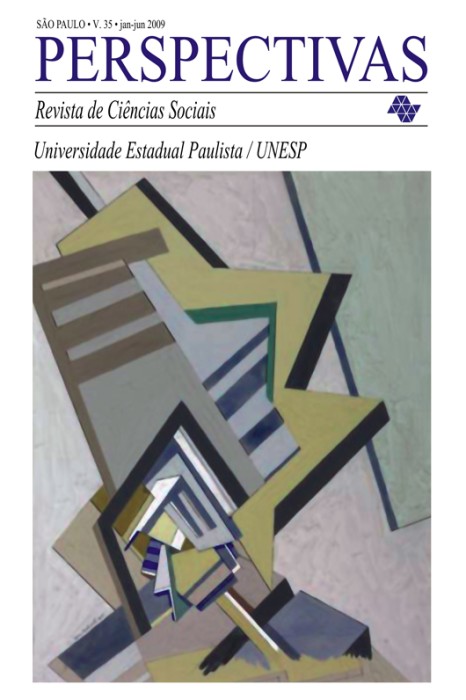Evangelical political identity and the Brazilian state representatives
Keywords:
Political representation, Political parties, Separation State-Church, Evangelicals, Political identityAbstract
This article investigates the phenomenon of evangelical representative’s dispersion in various parties: although they share a religious belief, they do not create a political party. First, the “political identity” was highlighted as the main factor that allowed the formation of political parties in modern democracies. Then, a historical hypothesis is investigated through studies which deal with the relationship between Church and State. This explanation was considered insufficient in the case of Brazil, which has experienced a significant separation between Church and State and the emergence of a more plural society. In the empirical part, data on the State Representatives of 22 units of the federation was analyzed, and it was found a lack of well-marked opinions about some issues that distinguish the representatives of other groups. Therefore, there is no evidence that justify the aggregation of them into a new party or another already.Downloads
Published
11/02/2010
Issue
Section
Dossiê "Partidos políticos, instituições e democracia no Brasil"

